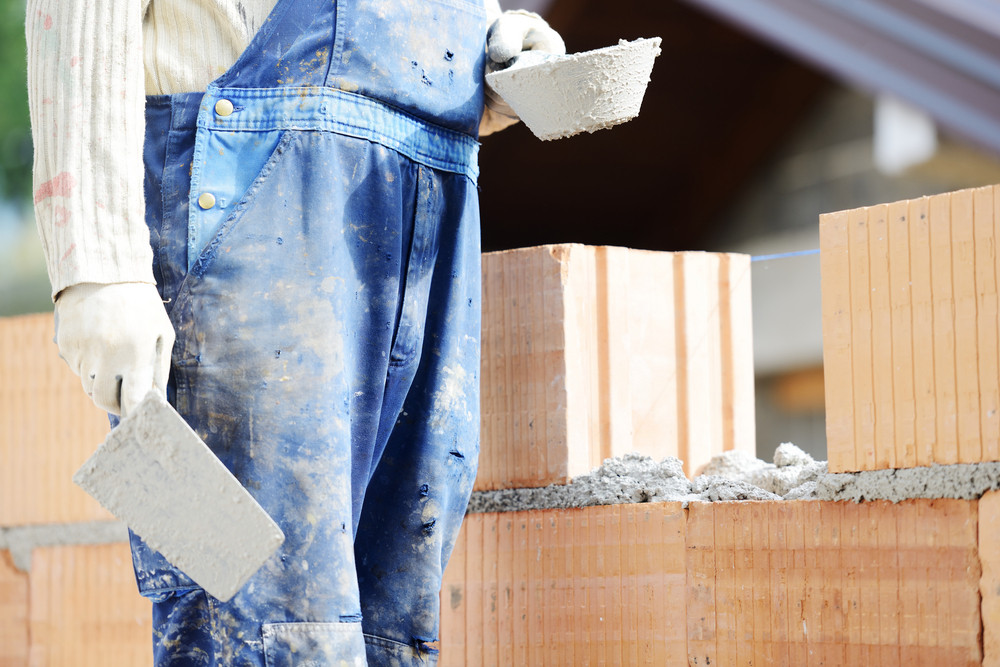It has been splashed across the financial news recently that Canada’s housing market has hit a downturn. With around 1.20 million new homes being built every year, a downturn in the housing market has a significant financial impact on corporations or individuals that are looking to sell or remodel homes. While a downturn in the housing market is never good news for those involved, there are still methods to protect your finances during these times.
Canada’s New Home Market
This past year has seen a dramatic boom in Canada’s housing market. High demand and high costs are the driving force behind the creation of so many new homes. Where the potential news of a downturn in the Canadian housing market may come as a concern is if this housing bubble will burst. The fear then becomes, if Canada’s housing bubble bursts, will that cause the economy to fall into a recession?
While numbers are starting to fall, there are still people looking to purchase new homes in Canada. While there may be a downturn in the housing market, the idea of an all-out housing market crash seems unlikely to happen.
Building a Strong Foundation in the Event of Market Crashes
A market crash can always have significant effects on the financial world. These adverse effects are not only seen by corporations but also by homeowners.
In Canada, a corporation that is suffering from financial difficulties has the option of using the Bankruptcy and Insolvency Act (BIA) or the Companies Creditors Arrangement Act (CCAA). BIA was created with the two-fold purpose of solving debt that needs to be collected while giving the corporation that is in debt a so-called new start. This means that a corporation that is facing financial difficulty can absolve its debt and keep its company. Declaring BIA means that the corporation does not have to resort to liquidating all of its assets as the only means to get out of debt.
For homeowners, a potential financial downturn can be devastating if they are not prepared. The first step for any homeowner when they are looking to purchase a home, even in the event that the market is a buyers’ market, is to anticipate when that market will crash. It is always better to proceed with caution when purchasing a new home. Evaluating mortgage rates and expecting the unexpected can make a world of difference. For new homeowners in Canada, they should plan to put between a 10 to 20% down payment. While oftentimes new homeowners are offered a zero-down payment, this can trap them into thinking they can afford a home that, realistically, when met with any financial difficulty they will not be able to.
Why Many Canadians Have Turned to Remodeling Rather than Building New Homes
The home remodeling market in Canada is booming. Canadians spent around $76 billion on home renovations in 2021 alone. This is the highest amount that has been spent when compared to previous years. This number is significant enough that it accounts for over 3% of Canadian GDP, which is another record-setting number for the industry.
With more being spent on remodeling homes, less is being spent on the new home market. Homeowners who are looking to sell can perform simple updates that can drastically increase the value of their homes. Increasing curbside appeal alone can change the value of a house. Siding, windows, the roof, and garage doors all increase curbside value. The installation of a garage door offers a 90% return on investment, and according to Remodeling Magazine, this is one of the top priorities for homeowners undergoing remodeling.
On average, building a new home is around 20% more expensive than remodeling an older home. While that might not seem like a large percentage, when it comes to finances, 20% is significant.




